How to Diagnose and Treat the Performative Activism Bug
“Did you post the black square on Instagram? Either way, how dare you,” said Arpi Meskimen, Holly Hunter’s character on the new NBC series, Mr. Mayor. Activism has become a bit of a double edged sword—If you try to be an ally, you’re probably doing it wrong, and if you don’t, you’re as bad as the oppressors. Performative activism, a hotbed of finger pointing and defensiveness, is a divisive issue with conflicting definitions. How can Latin, as a community, reject performative activism without dissuading those surface-level activists from working toward allyship?
When speaking of performative activism, it’s impossible to avoid the topic of social media. The line between posting defensively and posting authentically is blurrier than ever. Reposting poorly researched posts can be very damaging to a cause, but social media can also be a valid platform for instigating change.
Some Latin students believe the platform that an individual uses to make change is not as important in diagnosing performative activism as the context of their actions, and the validity of the content that they choose to share. Senior Valeria Ceron said, “I view performative activism as people standing up for what’s right to not be perceived as the oppressor. In that case, there is not a genuine desire to fight for change—to take action, to speak up, to address injustice outside of that single infographic or ‘sign this petition’ post on their Instagram and Snapchat story.” If the only way someone supports a cause is through poorly sourced, single-click, passive activism, their post may do more harm than good.
“Performative allies tend to get defensive when they get called out on their convenient and sporadic activism,” she said. “They are not willing to learn. Activism is a process that involves speaking, but also listening.” For those like Valeria, the true goal of allyship is to support and amplify the voices of marginalized groups, which means support has to be consistent, on and offline.
Much of what defines performative activism at Latin has to do with how an individual behaves when they’re not in front of an audience. As junior Mia Wolniak, who frequently shares information relating to social justice on social media, said, “If they don’t practice what they preach, if they actually actively contribute to the issues, then I think any ‘activism’ they project onto their virtual audience can definitely be defined as performative.” She continued, “Another side of this is just posting a single slide statement about an issue with no important information on it or within the caption.” Although that post may be well-intentioned, it’s not beneficial. “If you’re just parroting out a statement with no facts or argument behind it, no one really learns.”
Although activism trends may be rooted in relevant issues, they trivialize and oversimplify real systemic oppression. Senior and member of the Student Diversity and Equity Committee, Zemzem Mohammed, said, “Performative activism is when people use issues as a joke. When people add ‘… but Breanna Taylor’s murderers are not in jail’ to justify posting a picture. That doesn’t sit right with me when I haven’t seen any other form of activism from them.” The ‘trendiness’ of some forms of activism suggest that it’s a passing fad, when real lives are on the line. “It’s constant and not a phase,” Zemzem said, when commenting on the nature of true allyship.
Eleannor Maajid, Latin’s Director of Diversity, Equity and Inclusion, said, “What I notice is that it’s safer to do less. And so you have to be willing to come outside of yourself and come outside of what you know, and your comfort and your safety, to do more.” For Latin students, especially during a pandemic, it’s easy to feel helpless in the face of massive issues that seem almost irreparable. Addressing these feelings of impotence, Ms. Maajid said, “You have a lot more power and a lot more strength and ability to make change than you realize.”
How can students do more? To be better allies, Zemzem explained, students can “continue to educate themselves so the cycle of racism in this country can come to an end. Educating oneself can only be beneficial, so why not?”
“You can actually do it in your school community, in your neighborhood, in your city, in your country,” Ms. Maajid said, harkening back to Dr. Derrick Gay’s speech on MLK Day in which he asked the Latin student body if they cared enough about the inclusion of others to take a stand. “It’s in all of us, we just have to figure out how we do it and what we do. And it is worth that risk.”
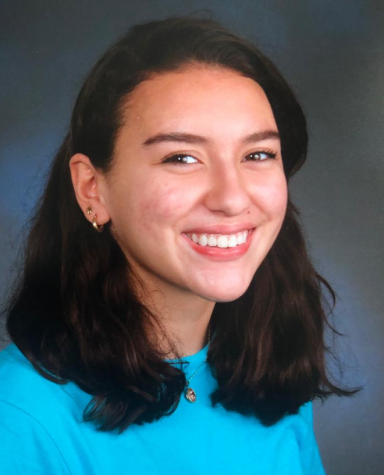
Angela Gil (’21) is a senior at Latin and is honored to be serving as The Forum’s Features Editor. She has written for The Forum...






































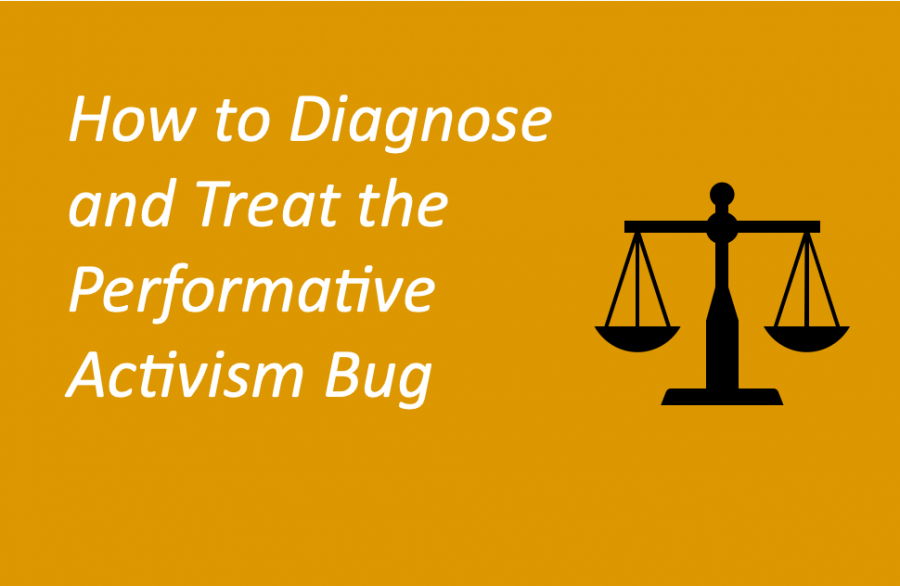
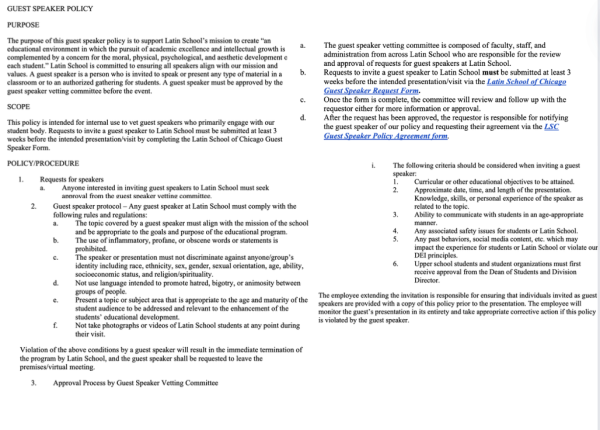
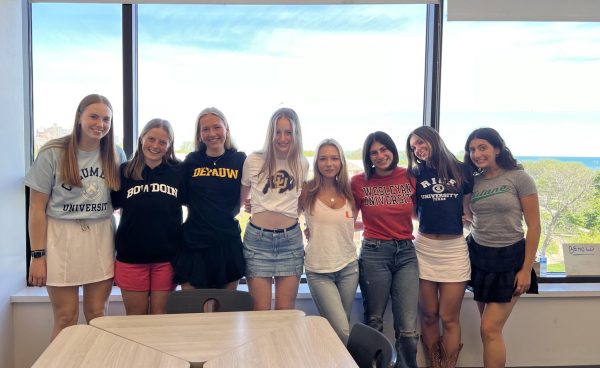



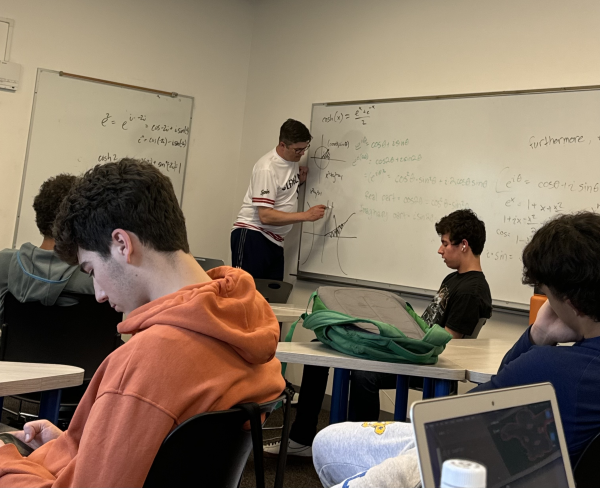
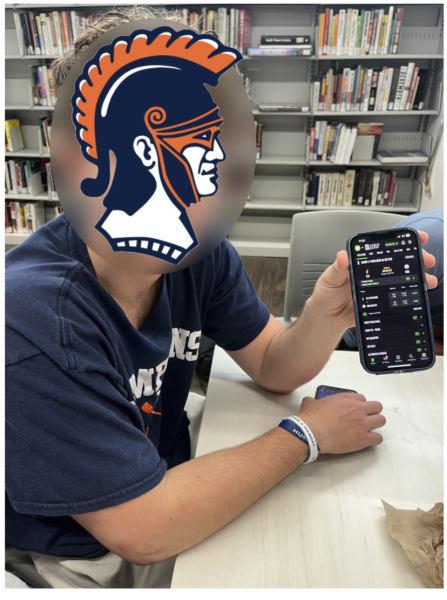
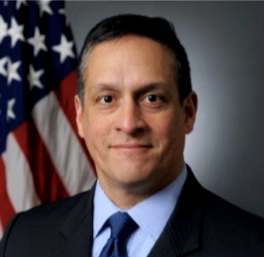


Jim Joyce • Feb 1, 2021 at 11:23 am
What a cool subject to write about, Angela. In trying to think about what to walk away with as a reader, it seems like I can benefit from
(1) being ready to take criticism,
(2) asking whether my relationship with activism is physical or digital, and
(3) making sure that if/when I’m the one correcting/educating, I come from a place of support and respect as opposed to, I suppose, dismissing or lecturing as these latter approaches might isolate the person I’m chatting with
But yeah, I don’t know. Fellow readers, feel free to push back against my comment.